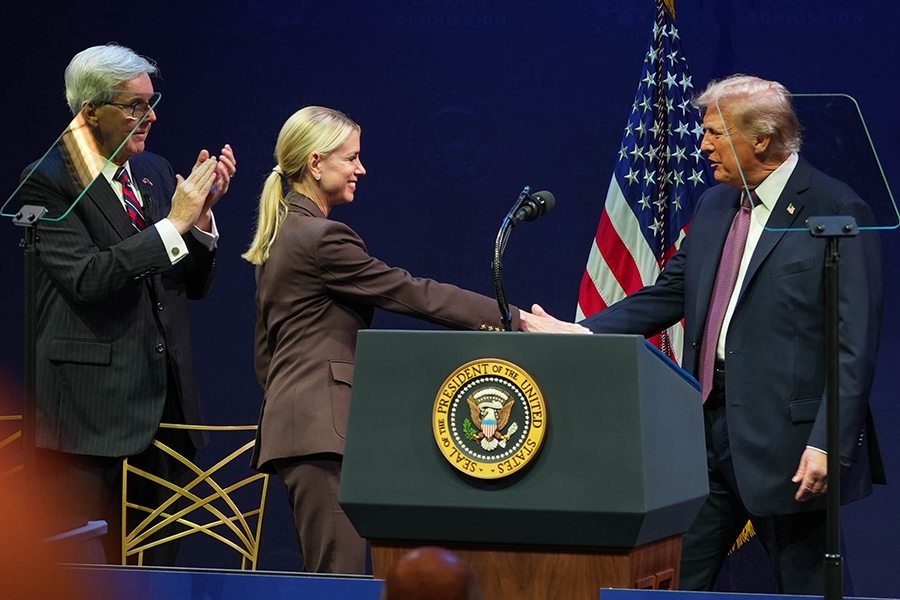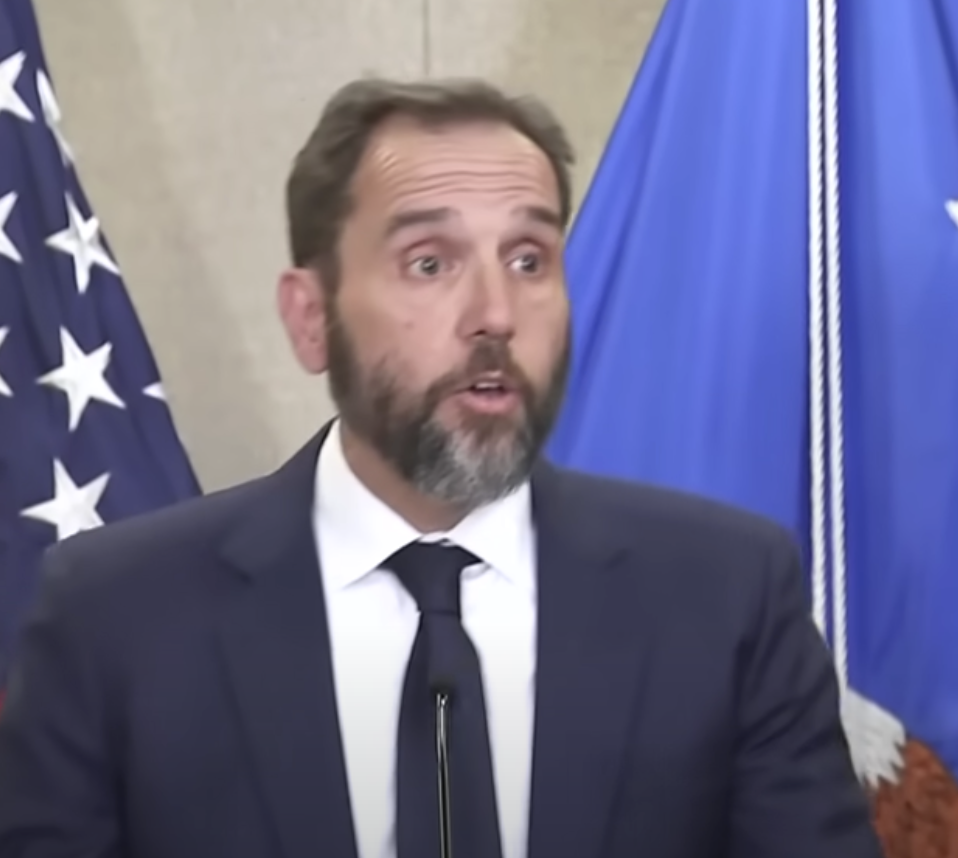 The Buffalo News
Editorial Board
The Buffalo News
Editorial Board
The good news – and it is good news – is that the FBI has made great strides in transforming itself since the 2001 terror attacks. In a new report by the FBI 9/11 Review Commission, the agency is credited with significantly improving the number of analysts qualified for their jobs and better foreign language ability.
Yet some of the finding are also puzzling, so many years after the attacks. While the bureau was credited with having improved its foreign language ability, it also notes the continuing need for more linguists.
That imperative was made public within weeks of the Sept. 11 attacks. How hard can it be, especially when the need is so obviously critical? Schools have churned out 14 years of graduates over that time; surely enough to have produced sufficient numbers of trained linguists – assuming the pay is commensurate with demand. Specifically, the report notes that while the bureau has enough linguists in its large offices, they are in “short supply” in other parts of the country.
And therein lies a problem. Congress has also played a destructive role in – bluntly – keeping the country less safe than it should be. Budget cuts, such as those included in the mindless sequestration policy that took hold two years ago, have “severely hindered the FBI’s intelligence and national security programs,” the report concluded. Among the report’s three principal authors is Edwin Meese III, who was attorney general in the Reagan administration and can hardly be dismissed as a reckless government spender.
The report also notes that the FBI needs to improve its abilities at analysis and to develop a deep roster of informants.
These are areas where the FBI needs to improve, and Congress must play a role, along with the bureau’s leaders. Still, on balance, the report was positive and as one observer noted, periodic evaluations such as this will help keep it on track.
To read more click here.





